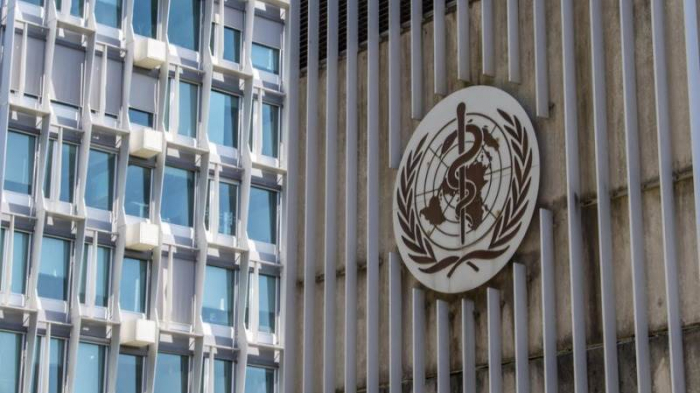"It is not yet clear whether infection with Omicron causes more severe disease compared to infections with other variants, including Delta. Preliminary data suggests that there are increasing rates of hospitalization in South Africa, but this may be due to increasing overall numbers of people becoming infected, rather than a result of specific infection with Omicron," the WHO said in its Sunday’s update on Omicron.
Apart from that, the WHO also said it has no information indicating that Omicron-associated symptoms differ from those caused by other strains.
According to the WHO, there is no clarity about Omicron’s transmissibility either. "It is not yet clear whether Omicron is more transmissible (e.g., more easily spread from person to person) compared to other variants, including Delta. The number of people testing positive has risen in areas of South Africa affected by this variant, but epidemiologic studies are underway to understand if it is because of Omicron or other factors," it said.
The WHO also said that preliminary data indicates an "increased risk" of reinfection with the Omicron strain as compared with other variants of concern. However, it admitted that information on that matter is limited.
The organization confirmed that the existing PCR tests can identify the new strain. As for the efficacy of coronavirus vaccines, it said it "is working with technical partners to understand the potential impact of this variant on our existing countermeasures, including vaccines."
"Vaccines remain critical to reducing severe disease and death, including against the dominant circulating virus, Delta. Current vaccines remain effective against severe disease and death," it emphasized.
On Friday, the World Health Organization (WHO) designated the B.1.1.529 variant as a "Variant of Concern" and assigned it the Greek letter Omicron. It also said that the new variant has "a large number of mutations, some of which are concerning." "Preliminary evidence suggests an increased risk of reinfection with this variant, as compared to other VOCs," it said.
The data on the new SARS-CoV-2 variant, B.1.1.529, which was identified in the south of Africa, was put on the international database GISAID on November 22.
According to experts, several mutations in the virus’ S-protein are potentially capable of hampering the neutralization of the pathogen by antibodies and hence play down the efficacy of vaccines. Several countries have suspended air service with South Africa and other countries in the south of Africa.
More about: WHO coronavirus
















































